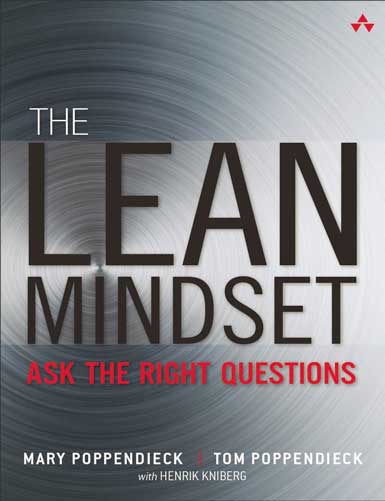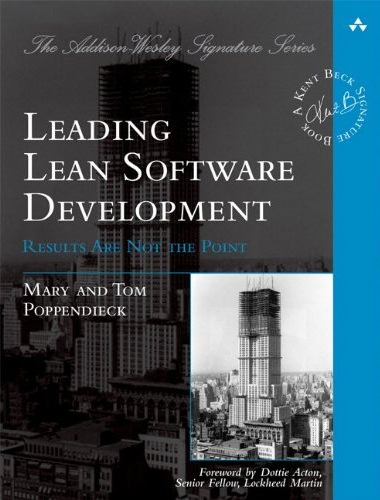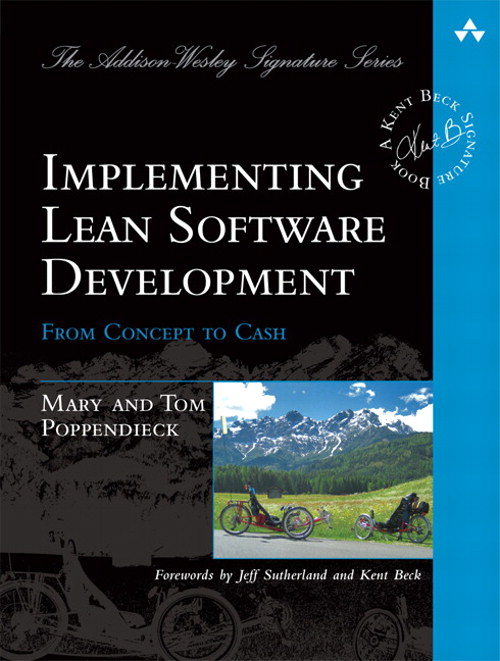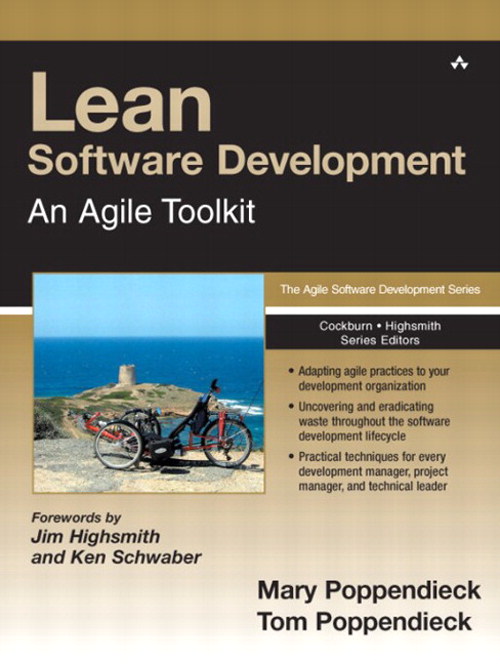Friction Lab
An Advanced Workshop for Software Engineers
You work with great software engineers. They work on autonomous product teams that deliver frequently. The products are doing well. But -- there is always a But. Things could be better. Something is frustrating team members or disappointing customers or slowing things down. What is it?
Friction. No matter how well things are going, there will always be friction. Consumers experience friction when using your product. Friction delays a team's response to a product request. Friction makes the code difficult to change. Differing expectations create friction among team members. Competing goals create friction between teams.
The purpose of this workshop is for attendees to identify the largest source of friction-- the biggest thing that keeps them from doing their best work -- and come up with a plan for reducing that source of friction.
This workshop assumes that people attending the lab are familiar with lean principles and agile practices, and have worked to implement them. In the lab, attendees learn a pattern for identifying and reducing friction that they can use again and again to improve the way their work works.
You will Learn:
- Why friction is a good measure of a system's performance
- How to map your customer's journey / your development process
- Typical points of friction and how others have confronted them
- The three greatest causes of friction in the customer journey
- When flow efficiency is much more efficient than resource efficiency
- What's wrong with proxies
- How architecture impacts organizational structure
- The benefits of having a Responsible Engineer
- Why Sync and Stabilize promotes organizational alignment
- A reference process for modern digital systems
- How to attack friction as a part of regular activities
Learn from the Experts:
Learn first-hand from thought-leaders Mary and Tom Poppendieck how to move to the far side of paradox and a lean mindset. Mary and Tom have pioneered the application of Lean Thinking to software development and documented their principles in books (below).
This lab is offered either privately or through partners who sponsor a public workshop. For additional information on Friction Lab, please contact us at info@poppendieck.com.
Agenda
Introduction to Friction
People
Process
Product/Platform
Organization
Learning How to Learn
Books
- Ask the Right Questions
- Results are Not the Point
- Concept to Cash
- An Agile Toolkit

The Lean Mindset:
Ask the Right Questions
What company doesn't want energized workers, delighted customers, genuine efficiency, and breakthrough innovation? The Lean Mindset shows how lean companies really work, and how a lean mindset is the key to creating stunning products and delivering amazing services.

Leading Lean Software Development:
Results are not the Point
Building on their breakthrough bestsellers Lean Software Development: Concept to Cash and Implementing Lean Software Development: An Agile Toolkit, Mary and Tom Poppendieck's latest book shows software leaders and team members exactly how to drive high-value change throughout a software organization – and make it stick.
Implementing Lean Software Development:
From Concept to Cash
This book draws on the Poppendiecks' unparalleled experience helping development organizations optimize the entire software value stream. You'll discover the right questions to ask, the key issues to focus on, and techniques proven to work. The authors present case studies from leading-edge software organizations, and offer practical exercises for jumpstarting your own Lean initiatives.
Lean Software Development
An Agile Toolkit
Lean Software Development shows software professionals how to achieve breakthrough quality, savings, speed, and business value by adapting the seven "lean" principles that have already revolutionized manufacturing and R&D. Drawing on 25+ years' experience leading enterprise projects, the authors show how to use these principles to create agile processes that work - because they're optimized for your environment.

